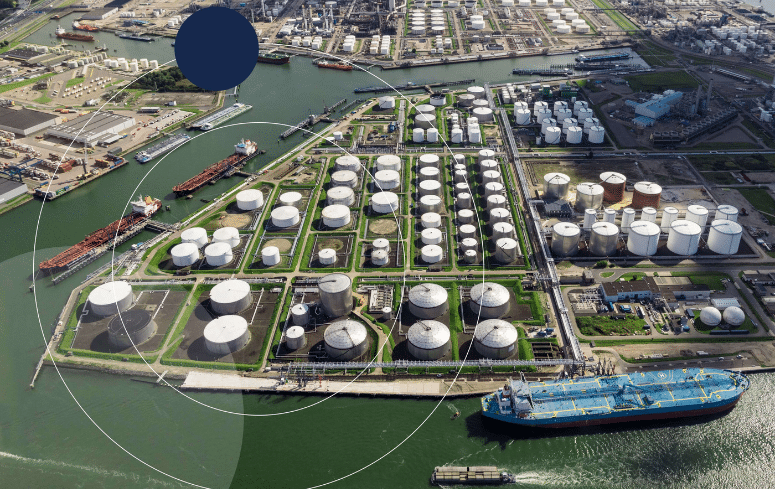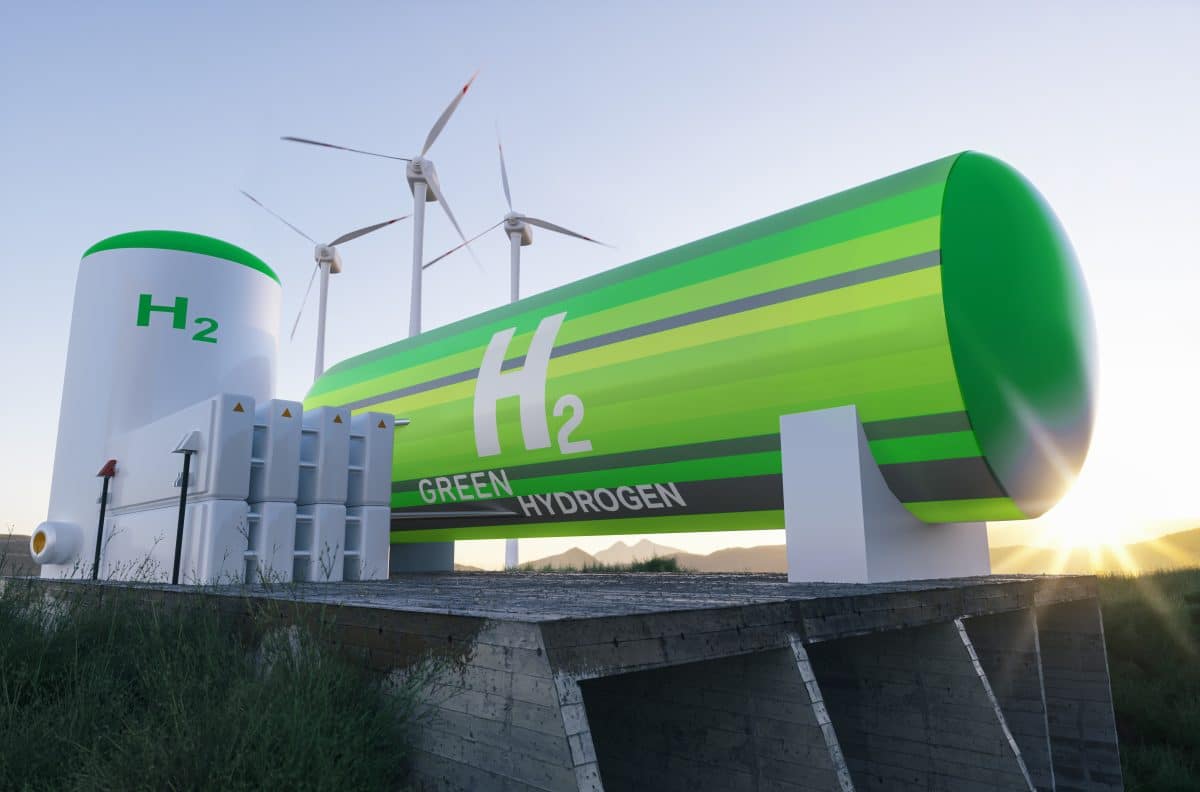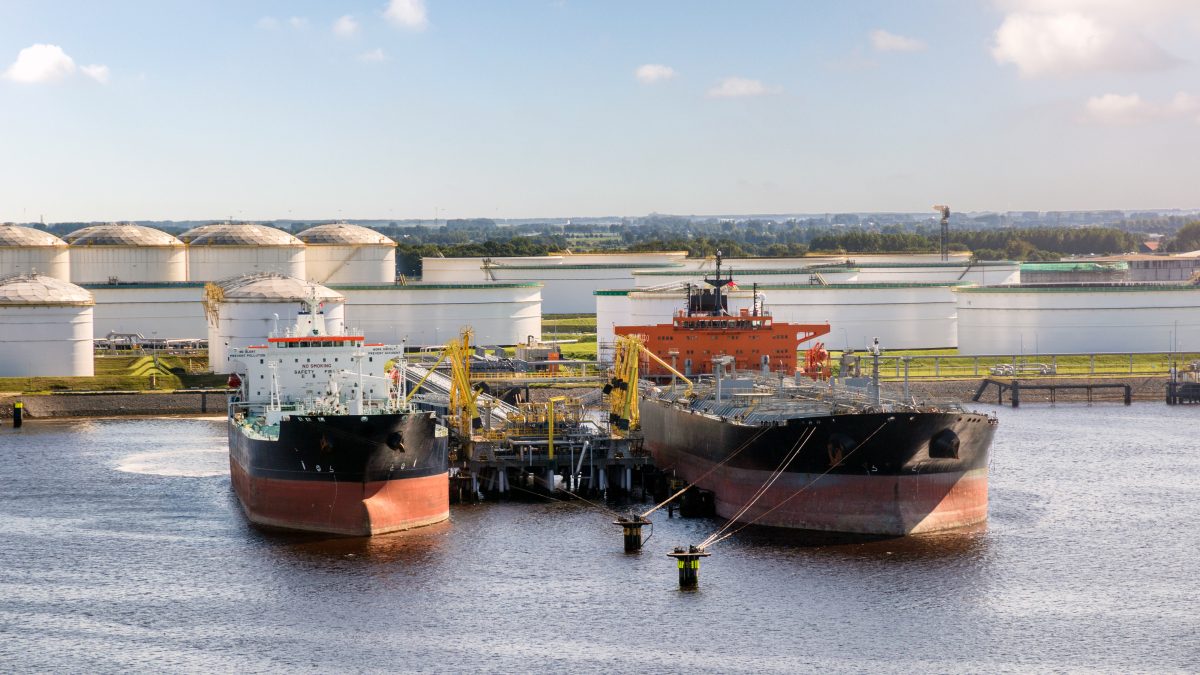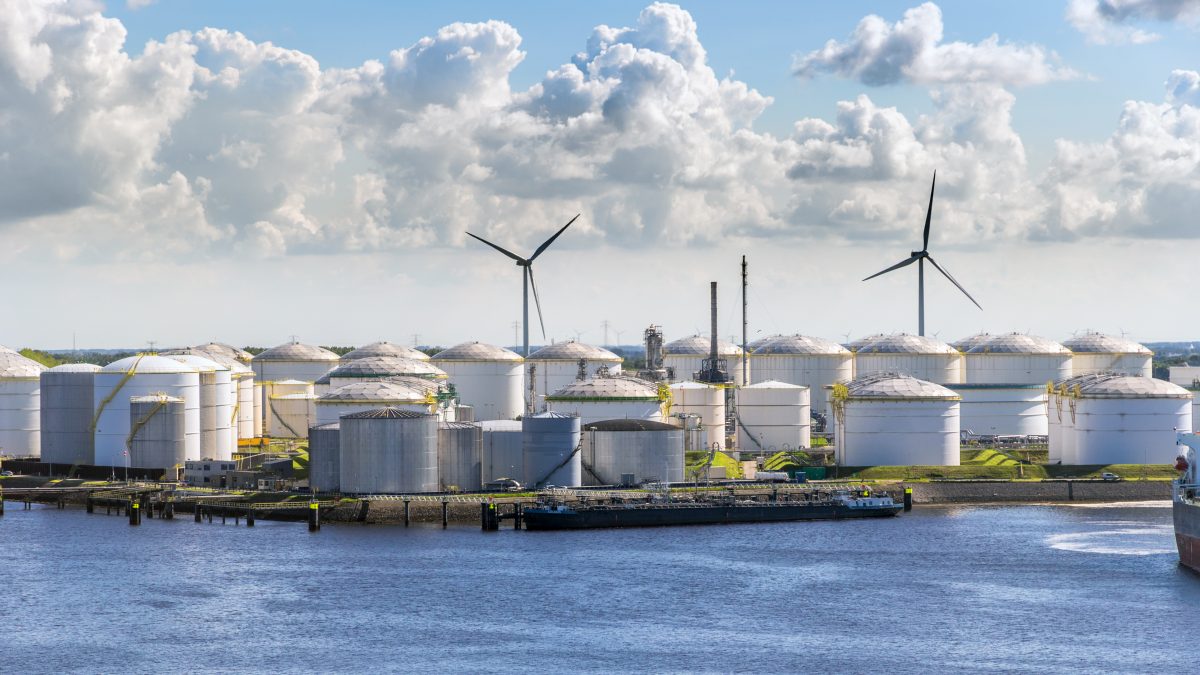Hopes that inflation might really have been “transitory” look premature.
How worried should we be about the oil price?
I’m only asking because it has gone up an awful lot in the last few months. In fact, since it hit a low for the year in early June, the price of Brent crude has risen from just under $72 a barrel to nearly $94 today – a gain of more than 30%.
Thankfully, the US has not seen the same sort of leap in petrol prices as yet. But it is fair to say that petrol prices in the UK bottomed out in June/July and are now significantly higher – up about 7%, from an average of £1.42 per litre to £1.53 now.
It’s entirely in keeping with the ornery nature of markets that central banks around the globe are now largely agreed to be at or near the peak of interest rates, just as the price of fuel — which is of course, a big component of overall price indexes — is taking off again. That obviously bodes ill for global consumption. Even if the world can avoid the scary cost-of-living crisis expected in a wartime economy, the spectre of global inflationary pressures subsiding anytime in the near future is still a mirage.
Supply is tight, demand uncertain
So why is the price of oil rising? Long story short, the big issue right now is mostly on the supply side. Russia and Saud Arabia have reduced their exports, and have been unusually disciplined about sticking to the plan.
This is happening at a time when the US Strategic Petroleum Reserve has fewer barrels in it than usual, because it unleashed them to try to keep prices down back in 2021 and also when Russia invaded Ukraine, and it hasn’t yet rebuilt that stockpile.
Note too that Javier Blas, Bloomberg energy columnist, warns that oil prices are in fact even higher than most of us might think, because the specific kind of crude that Saudi Arabia produces is priced even higher than the benchmarks most of us watch – that is, Brent crude and WTI (the US benchmark).
So, the supply side is tight. As for the demand side – well, for all that everyone seems to expect a recession to kick in at any moment, we’re still not seeing one.
And bear in mind that this is happening while China’s economy is widely regarded as having sat the global recovery out. Yet Chinese economic data actually surprised to the upside this morning (which is one reason the FTSE 100 is having a good day today).
So, I’d say the risks are quite finely balanced there. Say we don’t have a recession and say it turns out that China was just taking longer to get back on its feet, rather than sinking into depression. The idea of a return to $100 a barrel fairly quickly is by no means radical.
Expect a period of inflation scares
So, what would that mean for the rest of us?
There are two big problems with a rising oil price. One is that — speaking purely in terms of what it does to the consumer prices index — it’s inflationary. That in turn makes it harder to justify cutting interest rates. It might even end up putting more hikes on the table at some point, depending on what happens from here.
The other big problem is that even as a rising oil price makes life harder for central banks, it’s also acting as a tax on consumption. As I’ve mentioned many times before, if you spend more money on filling up your car, you’ve less money available for that microwave pasty or terrible bunch of flowers to go with it. Higher oil prices mean less consumption, and for a consumer economy like that of the US or India, that’s bad news.
Of course, these things should, in theory, work against each other. If oil prices rise to the point where it hurts the wider global economy, then what should happen is that we get a slowdown, and then oil prices fall again, because demand is curbed.
But as we all know, theory and practice often don’t entirely reflect each other, particularly given the lags involved. It’s probably safer to say that this is one reason not to assume that inflation will revert to being well-behaved in the near future. Instead, I rather suspect a series of inflation scares is a more likely outcome over the next few years. But we’ll see.
On the upside, it does mean that the commodity and oil-heavy FTSE 100 will quite possibly do better than anyone expects, which does make it look like an appealing hedge for your portfolio.
By The Business Standard, September 29, 2023










